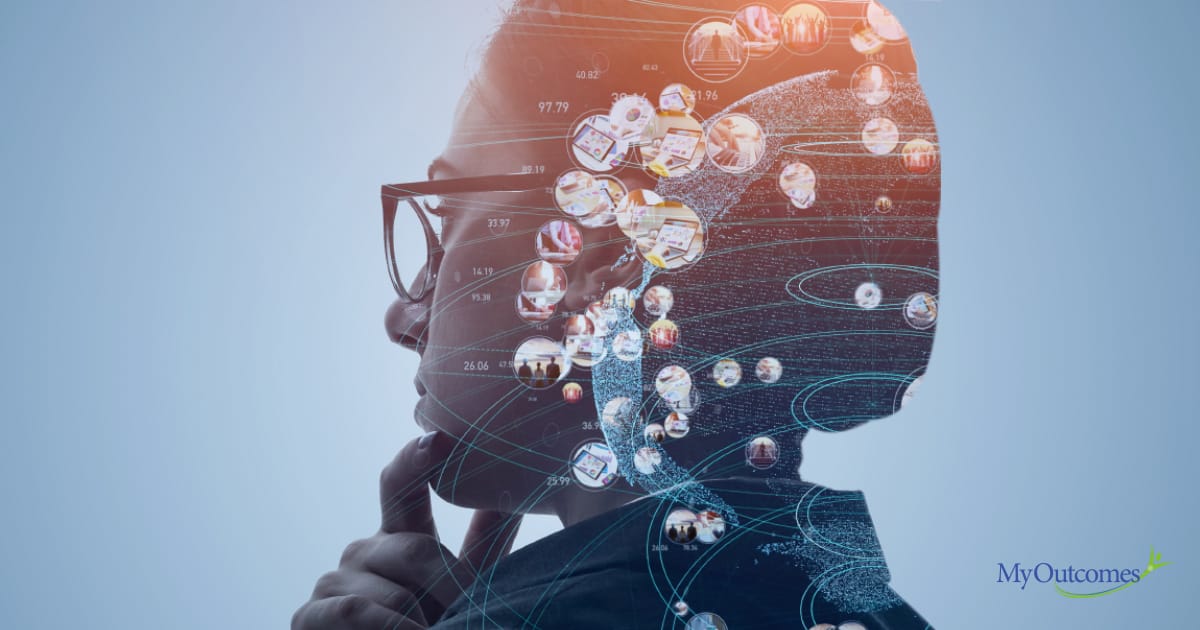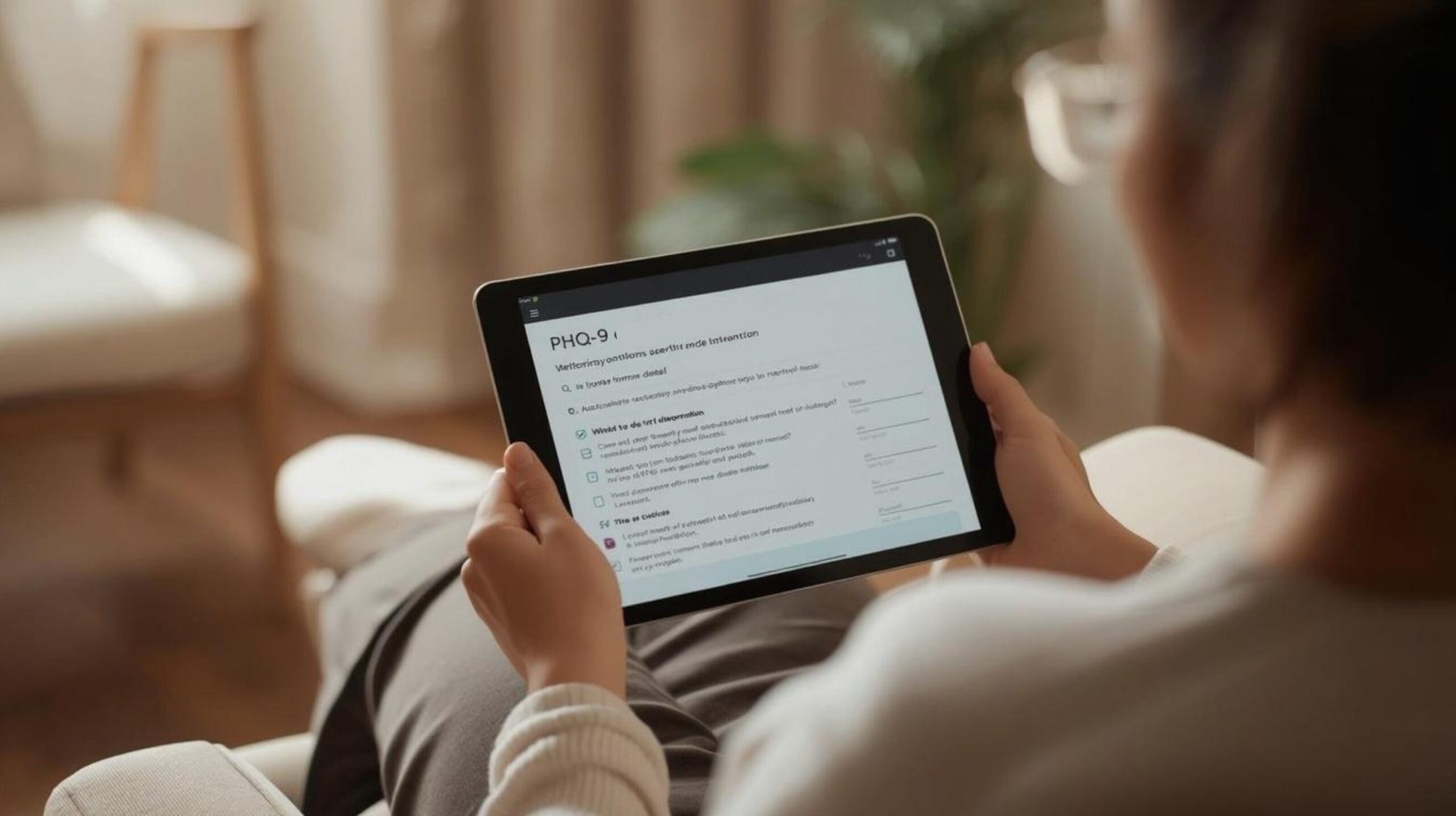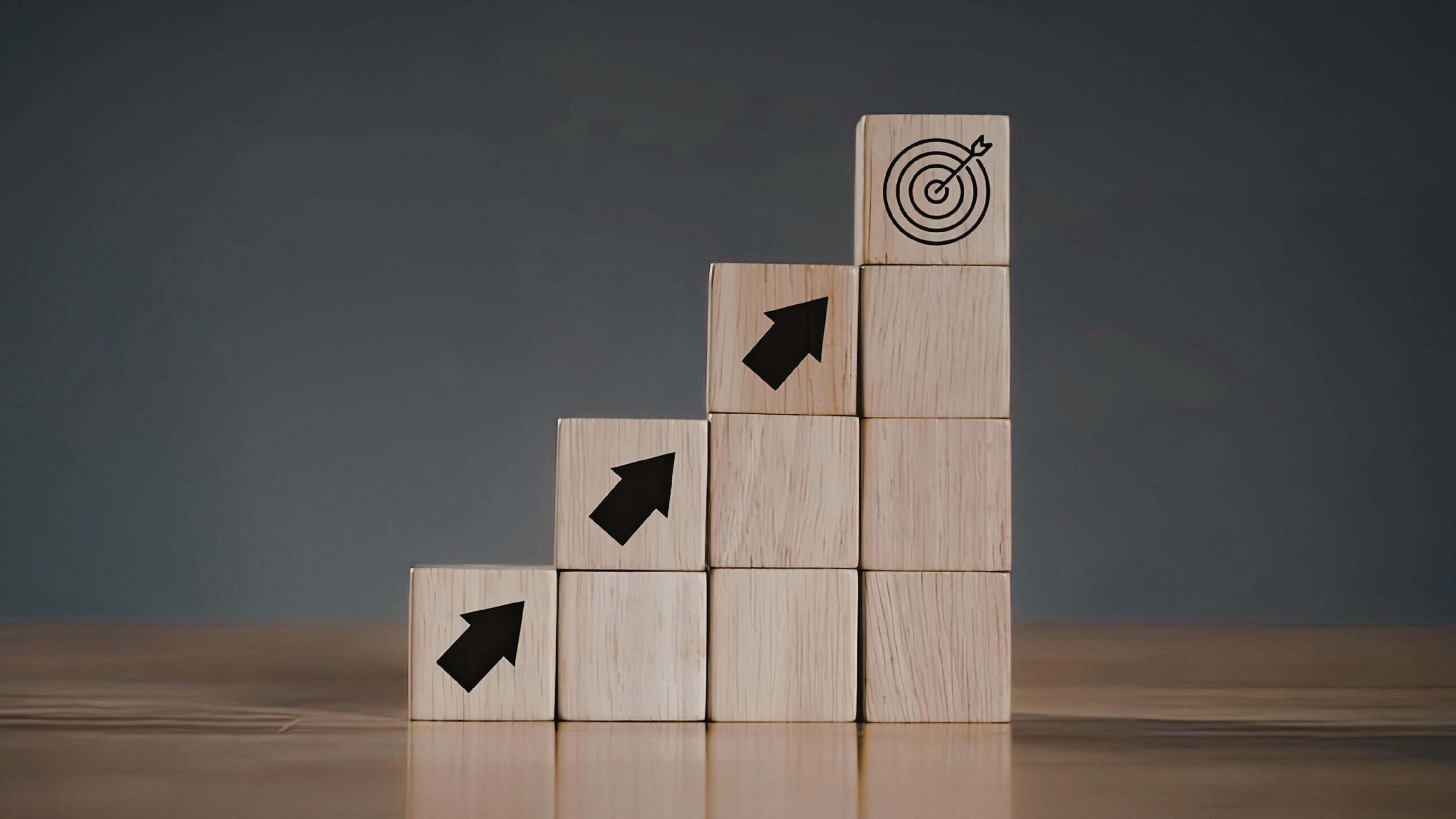In today’s digital landscape, social media and technology are ubiquitous, weaving through almost every aspect of our lives. While these tools offer unparalleled opportunities for connectivity and access to information, they also pose significant challenges to our mental health. This blog explores the multifaceted impact of social media and technology on our psychological well-being, shedding light on both the positive and negative implications, and introduces how platforms like MyOutcomes can play a pivotal role in managing these challenges.
- Enhanced Connectivity and Support: Social media platforms like Facebook, Instagram, and Twitter have revolutionized the way we connect with others. They allow for the maintenance of long-distance relationships, provide platforms for community building, and offer spaces for those with niche interests to gather. For many, these connections offer a vital support network, particularly for individuals who may feel isolated or marginalized in their physical environments.
- Information Overload and Privacy Concerns: However, the constant barrage of updates, notifications, and news can lead to information overload, a phenomenon that can cause significant stress. Moreover, privacy concerns related to data breaches and personal information misuse continue to cause anxiety among users.
- Impairment of Sleep Quality: Extensive screen time, especially in the hours leading up to bedtime, has been shown to disrupt sleep patterns. The blue light emitted by screens inhibits the production of melatonin, the hormone responsible for regulating sleep, leading to difficulties in falling asleep and poor sleep quality.
- Erosion of Attention Spans: The rapid-fire nature of information on platforms like Twitter and TikTok may contribute to shorter attention spans. Users often skim content rather than engaging deeply, potentially diminishing their ability to concentrate for prolonged periods.
Social media platforms inherently promote comparison, as users often present idealized versions of their lives. This can lead to detrimental comparisons:
- Decreased Self-esteem: Constant exposure to idealized images can lead to feelings of inadequacy and decreased self-esteem. Studies have shown that time spent scrolling through social media can significantly impact one’s satisfaction with their own life, particularly in areas like appearance, wealth, or perceived success.
- Cyberbullying and Online Harassment: Social media also opens the door to cyberbullying and online harassment, which can lead to severe emotional distress. These negative interactions can be particularly damaging for young people, impacting their mental health and overall well-being.
On the flip side, technology offers several tools to aid in managing mental health:
- Mental Health Apps: Applications like Headspace and Calm provide guided meditations, sleep stories, and breathing exercises to help manage anxiety and stress. Additionally, platforms like MyOutcomes integrate seamlessly into mental health practices, providing tools that help therapists track and enhance client outcomes through systematic feedback.
- Teletherapy Services: Platforms that offer virtual therapy services have made mental health care more accessible to people who might not have engaged with these services otherwise.
- Online Support Groups: Technology facilitates the formation of online support communities where individuals can share experiences and find encouragement from others facing similar challenges.
The relationship between social media, technology, and mental health is complex and double-edged. While there are significant benefits associated with digital connectivity, there are also profound challenges that need to be navigated carefully. As we continue to integrate technology more deeply into our lives, it is crucial to find balance, set boundaries, and use these tools in ways that support rather than undermine our mental health. Tools like MyOutcomes can be instrumental in helping therapists monitor the mental health of their clients, ensuring that the digital age becomes a force for positive change in the field of mental health.
Take time to reflect on your technology and social media use. Are they enhancing your life and well-being, or are they adding stress? Consider implementing tech-free times in your day or week to disconnect and recharge. Remember, like any tool, the impact of technology on our lives largely depends on how we use it. Platforms like MyOutcomes can also be a resource for those in the mental health field looking to better manage the intersection of technology and mental well-being.




